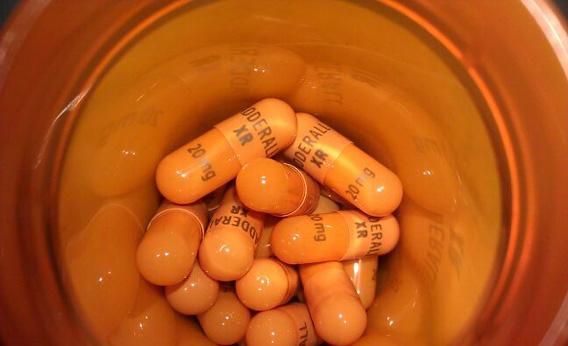How to Love an Addict without Enabling Bad Behavior
It can be difficult to walk the line between being an enabler of a bad habit and just being a good friend to a loved one. How can you love and support your friend or family member without supporting their addiction? It may seem that by not intervening, you are indirectly enabling them, yet if you were to intervene, it could jeopardize the relationship. What do you do in this situation?
The first step is to make a clear distinction in your mind concerning your loved one and their addiction, so that you can then convey to the addict how you feel. As the University of Pennsylvania Health System wrote, it is not the addicted person that you are fighting against; it is the disease of addiction. Until the two are separated, you cannot address your enabling behavior. Once you have made this distinction clear in your own mind, then you will be better able to express to the addict that although you love them, you detest the addiction that they live with.

Making yourself responsible for your loved one’s addiction is a form of enabling.
The second step is to realize that you can’t take all the blame or responsibility. While you may feel like it is your duty as a friend to speak up, it is not your fault if the other individual doesn’t respond in the way you anticipated. You can’t take on the responsibility of curing them from their addiction, as this will take their own effort and possibly the help of rehabilitation experts. What you can do, however, is be there to support and care for them through the process. Nothing is wrong with you if you are unable to stop their addiction. It’s necessary to realize that addiction is a disease that most often requires professional attention, and you can’t take on the pressure of having to cure them by yourself.
The final step is to understand that every step towards recovery is something great. According to the National Institute on Drug Behaviors, “There is a great deal of scientific evidence that treatment works, and people recover every day. Like other chronic diseases, addiction can be managed successfully.” Although an intervention may not be the best method for convincing an addict to consider treatment, as it could be taken the wrong way depending on the individual, you can at least take small steps of encouraging him or her to take care of the problem. In order to make the distinction between your loved one and the addiction, make it clear to your loved one that you are encouraging treatment because you love them and want them to get better. Help them understand that you want this for them because of how much you care.
If you are walking through this process with a loved one and have more questions, call 800-605-6597 Who Answers? to speak with a specialist who can answer all of your questions and help guide you in the right direction. Loving an addict can be a difficult journey, but just remember that expert advice and treatments are available and can help both you and your loved one move toward a path of recovery.



